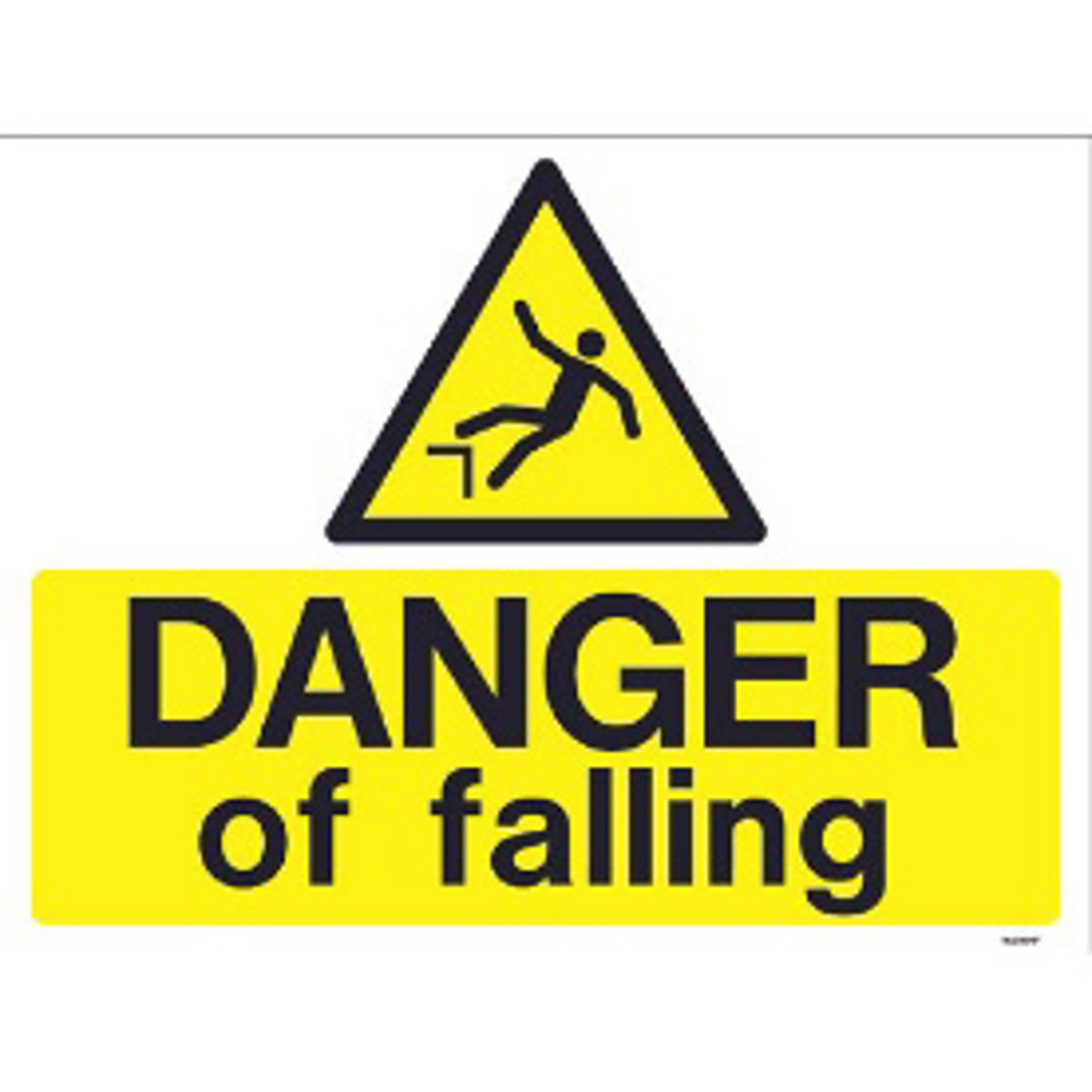Fatal fall from height
- Safety Flash
- Published on 29 November 2016
- Generated on 26 February 2026
- IMCA SF 34/16
- 2 minute read
Jump to:
The UK HSE reports that an international engineering company has been sentenced following the death of a worker who fell 10m to his death from an electricity pylon.
What happened?
A rigger had been working with a colleague preparing the pylons in readiness for painters to carry out maintenance work. On the morning of the incident, he arrived at the job to find that the painters had already started painting even though the pylon had not been rigged.

What happened?
He climbed approximately 10m up the pylon, when he fell backwards, narrowly missing one of the painters working directly below him. As a result of the fall, he sustained serious multiple injuries and died at the scene.
The investigation found a number of failures in the management of risks arising from work at height. Although the company had a system of work they failed to implement, monitor and enforce this system. This failing exposed their employees to the risk of death.
After the hearing, a HSE Inspector noted:
“The company were clearly aware of the hazards involved with pylon work and had a system in place to manage the risks. Unfortunately, they failed to implement, monitor and enforce this system of work. In addition, they failed to ensure the proper inspection and provision of safety critical personal protective equipment.”
This incident is passed onto members because it highlights the potentially fatal consequences of failing to properly manage risk at the worksite.
Related Safety Flashes
-
IMCA SF 07/16
31 March 2016
IMCA Safety Flashes summarise key safety matters and incidents, allowing lessons to be more easily learnt for the benefit of the entire offshore industry.
The effectiveness of the IMCA Safety Flash system depends on the industry sharing information and so avoiding repeat incidents. Incidents are classified according to IOGP's Life Saving Rules.
All information is anonymised or sanitised, as appropriate, and warnings for graphic content included where possible.
IMCA makes every effort to ensure both the accuracy and reliability of the information shared, but is not be liable for any guidance and/or recommendation and/or statement herein contained.
The information contained in this document does not fulfil or replace any individual's or Member's legal, regulatory or other duties or obligations in respect of their operations. Individuals and Members remain solely responsible for the safe, lawful and proper conduct of their operations.
Share your safety incidents with IMCA online. Sign-up to receive Safety Flashes straight to your email.